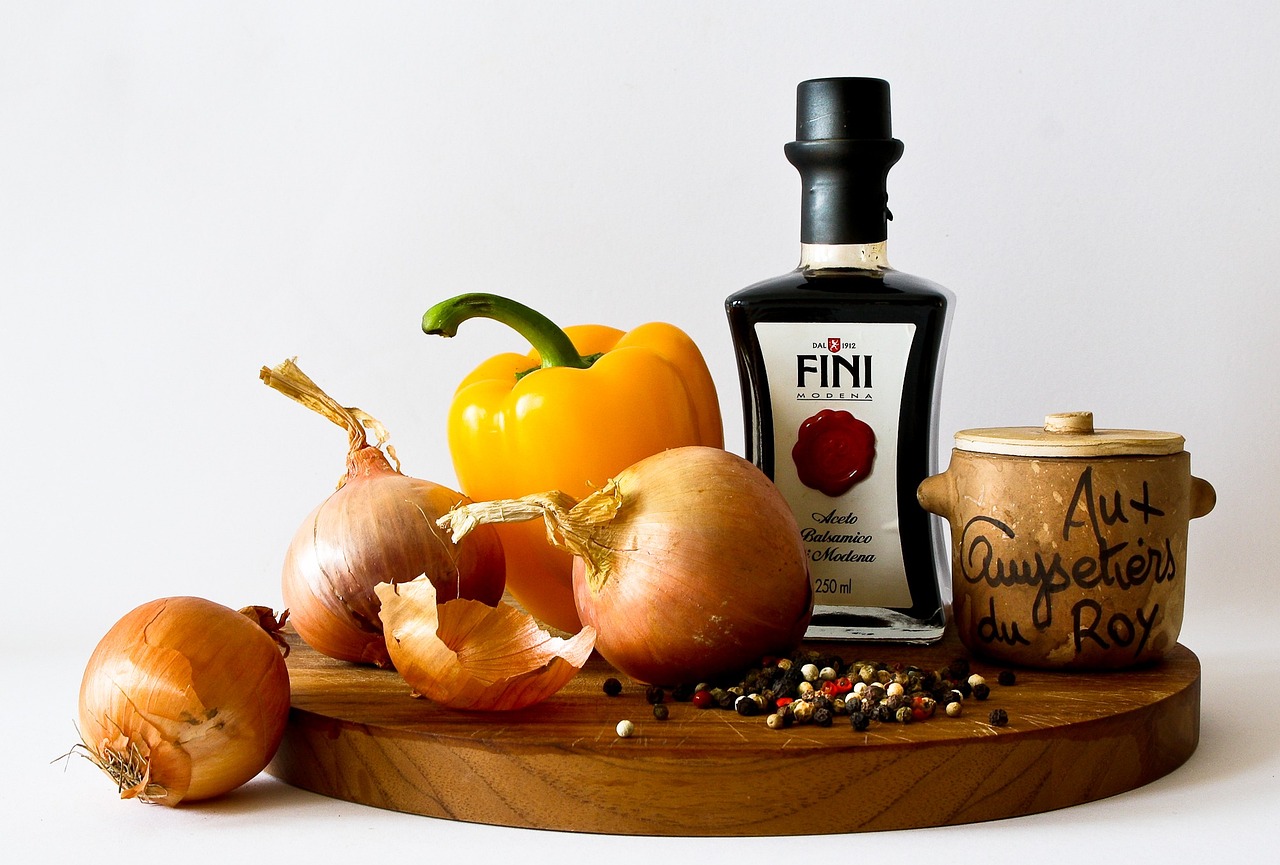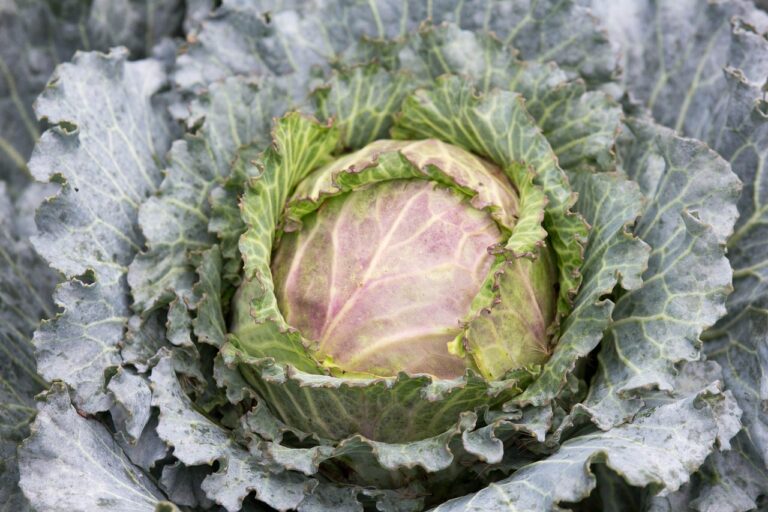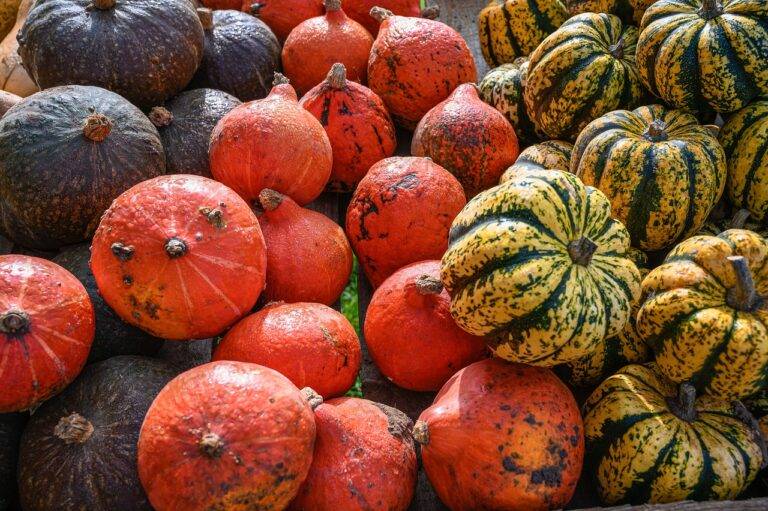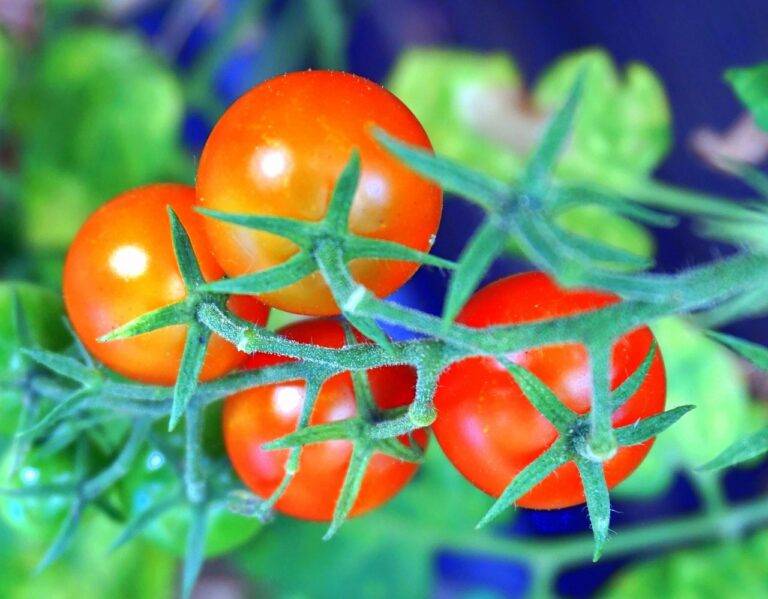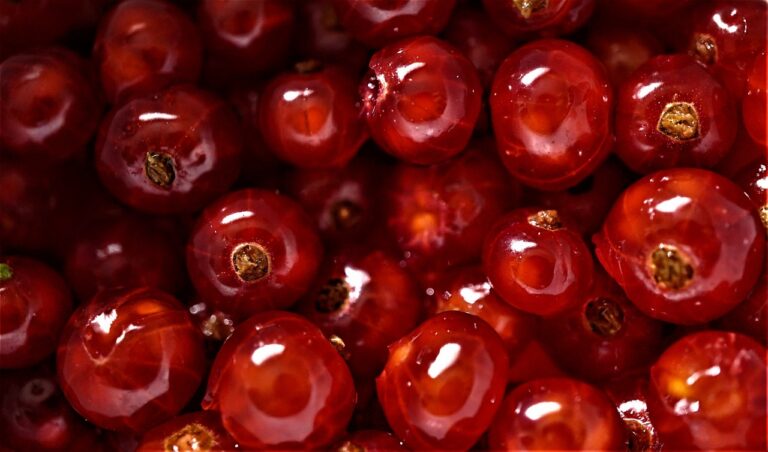Fermented Foods and Intergenerational Learning: Sharing Wisdom Across Ages Through Food Practices
sky247 login, diamondexch9.com, tiger exchange: Fermented foods have been a staple in many cultures for centuries, valued not only for their unique flavors but also for their health benefits. In recent years, there has been a resurgence of interest in these traditional food practices, with many people turning to fermented foods as a way to improve their gut health and overall well-being. But beyond the nutritional benefits, fermenting foods also offers a way to connect with our past and pass down knowledge from one generation to the next.
Intergenerational learning is the process of sharing knowledge and skills between people of different ages, often within a family or community setting. When it comes to food practices, this form of learning can be particularly powerful, as it allows older generations to impart wisdom and traditional knowledge to younger ones. Fermented foods provide a perfect opportunity for this kind of intergenerational learning to take place, as they are often steeped in history and are passed down through generations.
One of the joys of fermenting foods is the sense of connection it creates to the past. Many traditional fermenting techniques have been handed down through families for generations, with each recipe carrying with it a sense of history and tradition. By learning how to ferment foods from older family members or community members, younger generations can not only carry on these traditions but also deepen their understanding of their cultural heritage.
Moreover, fermenting foods is a hands-on practice that requires time, patience, and attention to detail – qualities that are often in short supply in our fast-paced modern world. By engaging in the process of fermenting foods together, different generations can slow down, connect with each other, and learn from one another. Younger family members can benefit from the wisdom and experience of older generations, while older family members can learn new techniques and approaches from younger ones.
In addition to the cultural and social benefits of intergenerational learning through fermented foods, there are also significant health benefits to be gained. Fermented foods are rich in probiotics, which are beneficial bacteria that help to support a healthy gut microbiome. A well-balanced gut microbiome has been linked to a wide range of health benefits, including improved digestion, reduced inflammation, and even better mental health.
By incorporating fermented foods into their diet and learning how to make them from older family members, younger generations can not only improve their own health but also pass on these healthy habits to future generations. In this way, the practice of fermenting foods becomes not just a way to connect with the past but also a way to invest in the future health and well-being of our families and communities.
Ultimately, fermenting foods is more than just a culinary trend – it is a way to connect with our past, celebrate our heritage, and invest in our future. By engaging in intergenerational learning through food practices, we can pass down valuable knowledge and skills, deepen our relationships with one another, and create a healthier, more connected world for generations to come.
—
### The Benefits of Fermented Foods
Fermented foods offer a myriad of health benefits, including improved gut health, enhanced digestion, and a stronger immune system.
### Getting Started with Fermented Foods
If you’re new to fermenting foods, start with simple recipes like sauerkraut or kimchi. These dishes are easy to make and packed with flavor.
### The Art of Fermentation
Fermenting foods is as much an art as it is a science. Experiment with different ingredients and techniques to find what works best for you.
### Preserving Tradition Through Food
Fermented foods are a way to preserve tradition and connect with our cultural heritage. Learn from older family members to keep these practices alive.
### Sharing Wisdom Across Ages
Intergenerational learning through fermented foods allows us to share knowledge and skills between generations, strengthening our bonds and passing down valuable traditions.
### Investing in Future Health
By incorporating fermented foods into our diets and teaching younger generations how to make them, we can help build a healthier future for our families and communities.
—
### FAQs
**Q: Are fermented foods safe to eat?**
A: When made properly, fermented foods are safe to eat and offer a multitude of health benefits. Be sure to follow recipes carefully and pay attention to proper fermentation techniques.
**Q: How can I learn more about fermenting foods?**
A: There are many resources available online, including blogs, books, and classes, that can help you learn more about fermenting foods and how to incorporate them into your diet.
**Q: Can children participate in fermenting foods?**
A: Fermenting foods can be a fun and educational activity for children, but be sure to supervise them closely and teach them proper techniques to ensure safety.
**Q: How long do fermented foods last?**
A: The shelf life of fermented foods can vary depending on the specific recipe and storage conditions. Generally, fermented foods can last for several weeks to several months when stored properly in the refrigerator.
**Q: Can fermented foods help with digestion?**
A: Yes, fermented foods are rich in probiotics, which can help support a healthy gut microbiome and improve digestion. Incorporating fermented foods into your diet can lead to better gut health and overall well-being.

